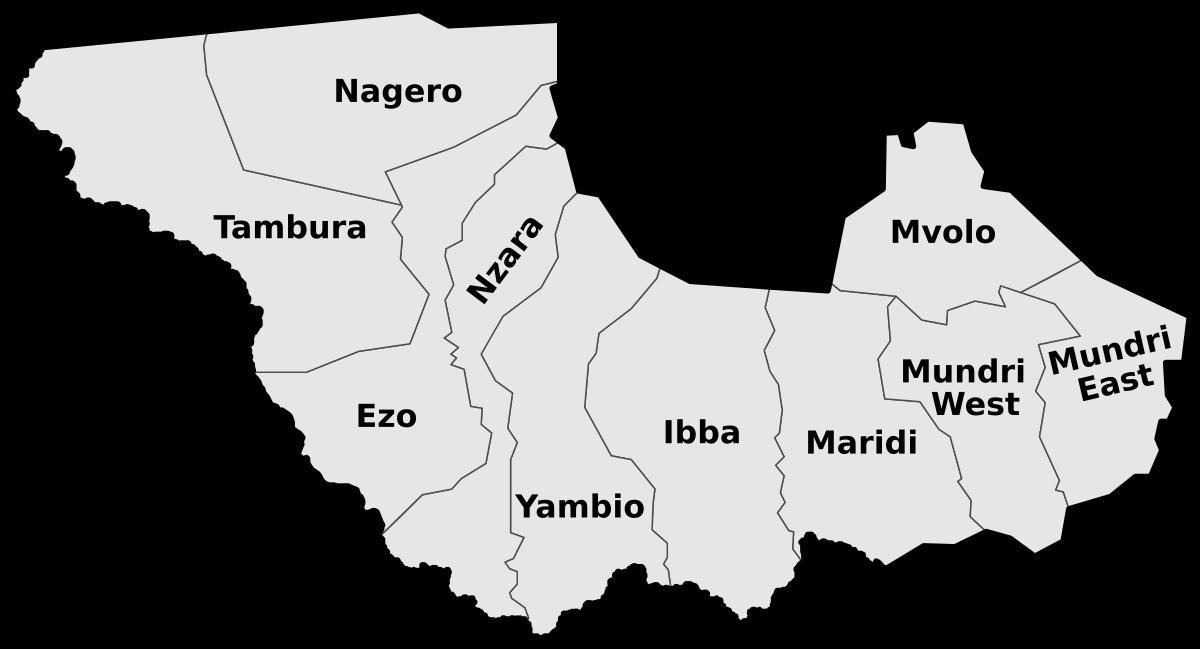Africa-Press – South-Sudan. Authorities in Ezo County, Western Equatoria, have released 30 young people, including three females, who had been detained for ten days for engaging in idle activities, including smoking shisha in the mornings.
According to Abel Sudan, the Commissioner of Ezo County, the youths were freed after they promised to engage in productive work.
“All are released and they now are ambassadors to their brothers as they promised us that they are now going to start working with their hands, and they are going to stop taking shisha in the mornings,” Abel Confirmed to Eye Radio on Monday.
The county official explained that before their release, the young individuals were taught manual labor skills.
“They will come back to the county authorities, and the chief will come to witness the changes they have done in their lives.”
Commissioner Abel is encouraging the people of Ezo County to engage in productive activities, particularly agriculture, adding that nation-building he is a collective responsibility.
“…building a nation is a collective responsibility of all the citizens. Every one must do his or her own best to make sure that he or she changes the environment from bad to good, where he or she has been living.
“If we don’t sharpen them today, tomorrow we shall have the worst generation,” he added.
Hon. Aber warned that anyone found idle in Ezo County will face consequences under the County’s new local order, which was enacted ten days ago.
Why high unemployment rate among young South Sudanese
In 2012, the minister of information, Michael Makuei had described some youth in the country as “lazy” and asked them to look for private-sector jobs rather than waiting for government institutions to employ them.
Michael Makuei claims that young people in the country shun work because of laziness.
Laziness is described as an unwillingness to do daily activities despite having the ability to act or to exert oneself.
Makuei said young people should stop wasting a lot of time playing dominos and sipping tea under trees, and expecting government appointments.
“What you will be getting in the market -doing manual work, using your muscles, will bring you more money than any other person, even better than me,” he asserted.
An assessment conducted by the UN Educational, Scientific and Cultural Organization or UNESCO in 2018, showed that the majority of young people in South Sudan were jobless.
Reports also suggested that the youth – who were under the age of 29 – make up 70 percent of the country’s population.
However, UNESCO said due to the atmosphere of conflict and political and economic instability, the young people lack employment opportunity.
According to the South Sudan State of Adolescents and Youth Report released in 2019, ninety percent of the youths do not have formal employment due to lack of vibrant private sector opportunities in agriculture, tourism and natural resources.
In 2015, President Salva Kiir said there were no enough jobs in the government to employ more than 3,000 fresh graduates from the University of Juba.
In October 2014, Michael Makuei encouraged the population to embark on agriculture and other casual work to support the economy.
This is after admitting that the government alone can’t fix the economy, saying citizens should not “wait for the government to resolve” it.
For More News And Analysis About South-Sudan Follow Africa-Press






